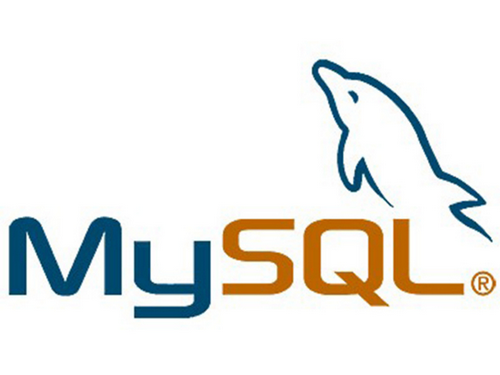 Enabling the Slow Query Log for MySQL or MariaDB can be a useful tool to diagnose performance and efficiency issues affecting your server such as MySQL high CPU load. By identifying queries that are particularly slow in their execution, you can address them by restructuring the application that triggers your queries. You can also rebuild the queries themselves to ensure that they are constructed as efficiently as possible.
Enabling the Slow Query Log for MySQL or MariaDB can be a useful tool to diagnose performance and efficiency issues affecting your server such as MySQL high CPU load. By identifying queries that are particularly slow in their execution, you can address them by restructuring the application that triggers your queries. You can also rebuild the queries themselves to ensure that they are constructed as efficiently as possible.
Enable the Slow Query Log
To enable the Slow Query Log for MySQL or MariaDB:
- Log in to your server as the
rootuser via SSH. - Open the
my.cnffile with a text editor and add the following block of code under themysqldsection:123slow_query_log = 1slow-query_log_file = /var/log/mysql-slow.loglong_query_time = 2Note:In MySQL 5.6 and older, use the
log-slow-queriesvariable instead of theslow-query_log_filevariable. - Create the
/var/log/mysql-slow.logfile and set its user as themysqluser. To do this, run the following commands:12touch /var/log/mysql-slow.logchown mysql:mysql /var/log/mysql-slow.log - Restart MySQL or MariaDB. To do this, run the following command:
1/usr/local/cpanel/scripts/restartsrv_mysql
- Start monitoring the slow query logfile. To analyze and print the file’s summary, run the
mysqldumpslowcommand. For example, to print all slow queries that the system previously recorded, run the following command:1mysqldumpslow -a /var/log/mysql-slow.log
For a complete list of options to use with the mysqldumpslow command, read MySQL’s mysqldumpslow article.





